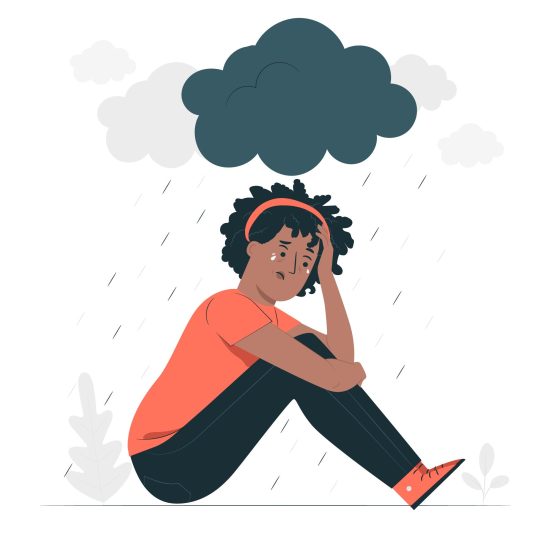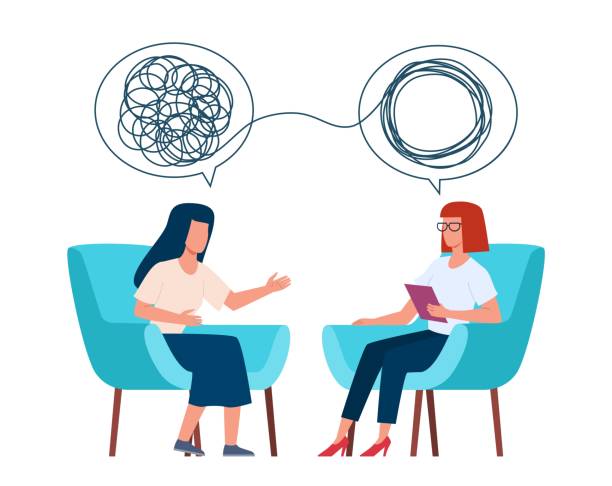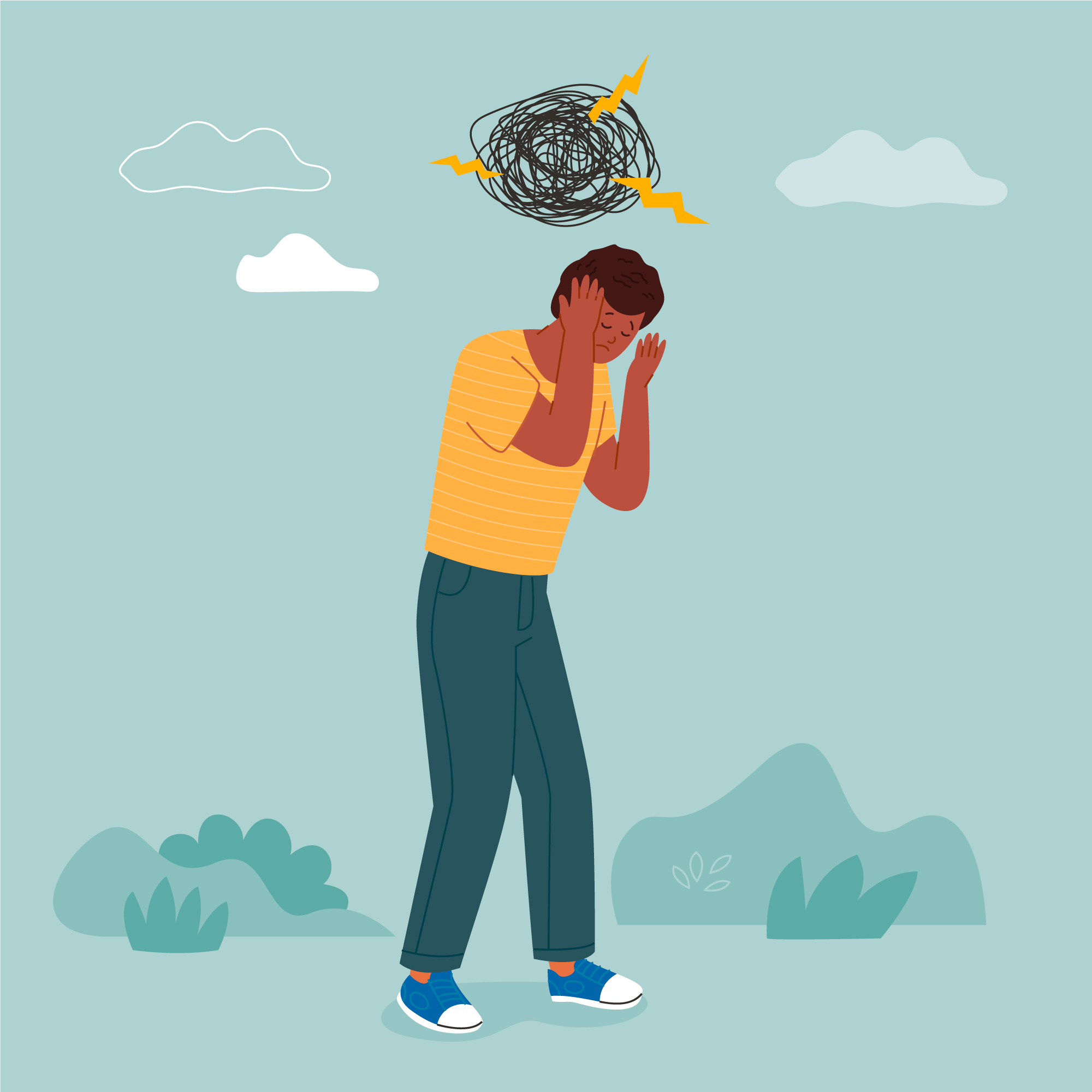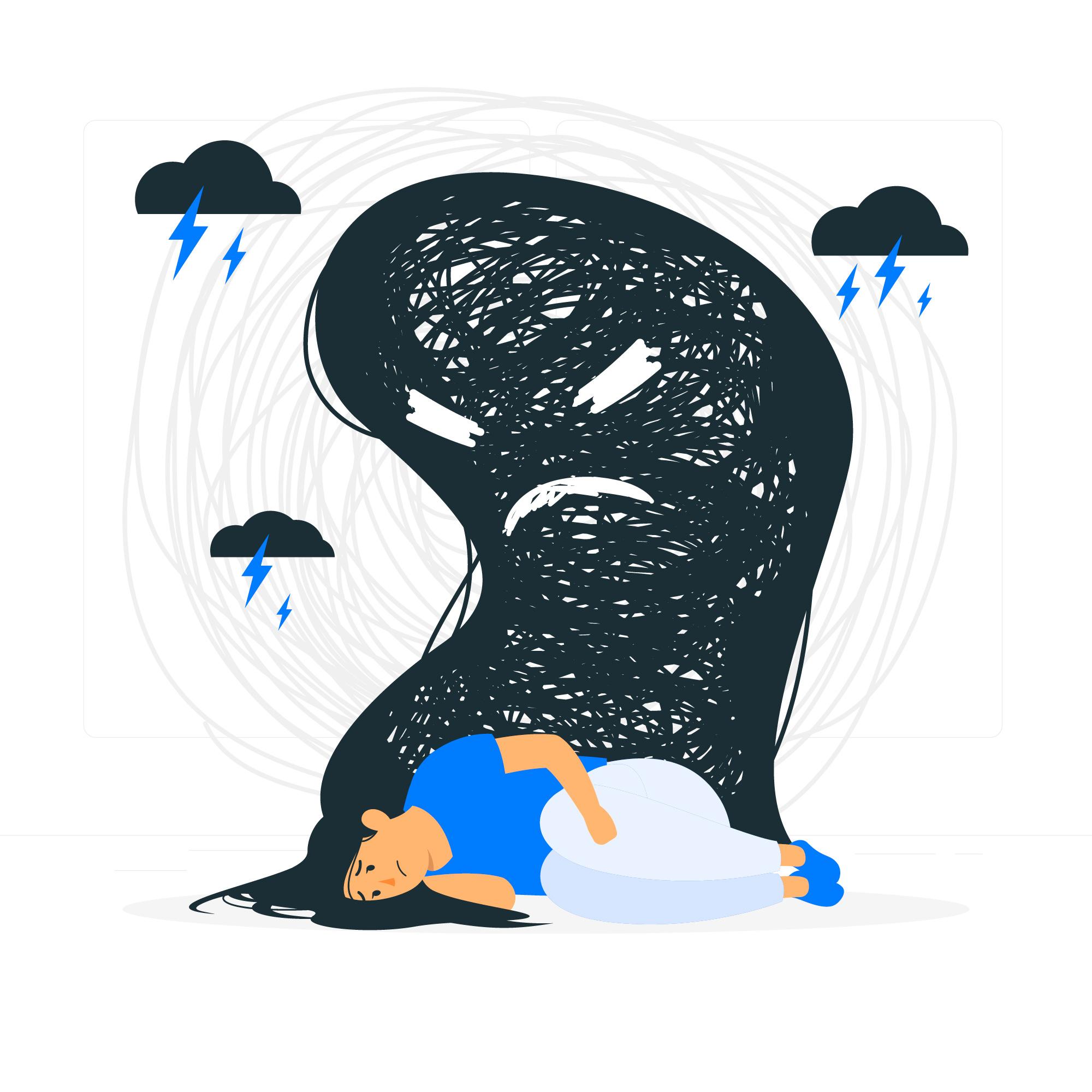
Depression is one of the most common mental health disorders in the world. However, depression can sometimes be misunderstood, misdiagnosed, or undetected in many people. This can have serious consequences as the individual with depression doesn’t receive the help they require and deserve.
Depression requires timely support and professional help, which can be sought through counselling. Therapy for depression holds numerous benefits, and can bring a positive change to one’s mental health.
Here, we will be talking about the advantages of therapy for depression and why it is important to seek professional help when you are struggling.
Understanding therapy for Depression

Depression can feel complicated and difficult to move through. There may be mixed emotions that can be difficult to understand and process. You may feel demotivated to take on new things or do activities you like to do. All of these feelings can bring up a sense of helplessness and loneliness.
The nature of counselling is supportive. One of the goals of therapy is to support you through your journey, through coping strategies to manage uncomfortable emotions.
Some emotions may be easy to notice, accept, and process. On the other hand, some emotions may be complicated and uncomfortable to sit with.
Sometimes, what you may think could be sadness, could be much more. There could be a tinge of grief, a touch of guilt, or a smattering of loneliness. Depression can bring its own variety of emotions, and navigating through these heavy emotions alone can be difficult.
Taking the guidance of a therapist can help alleviate some of the load that depression brings. A counselor can help you identify, hold, and process these emotions in a safe place. Counselors can provide you with comfort and acceptance which can help you feel open and welcome to express and experience all kinds of emotions.
Therapists are also trained to help you go deeper to understand your emotions. They ask you questions to help you ponder over the thoughts and feelings you have been experiencing due to depression.
Thus, taking up counseling can bring in a great deal of support, self-reflection, and resources to manage depression.
How Therapy Helps To Treat Depression
Apart from the obvious benefit of overcoming depression, therapy can be a great addition to your life, providing you support in multiple areas. To learn more about the benefits counseling offers for your mental health, click here.
We have highlighted some other important benefits to seeking counselling for depression:
- Provides a safe space: Therapy is designed to help you learn more about yourself in an environment that feels comfortable and safe. A counsellor’s non-judgemental, and accepting nature can be helpful for you to open up and process uncomfortable feelings or thoughts associated with depression.
- Helps you identify triggers: For many people, there may be situations, thoughts, or people that could trigger depression. For instance, there could be events from childhood, or difficulties in the present that could be one of the causes of depression. Therapists can help you identify these triggers and teach you to be better equipped when there will be triggering events in the future.
- Helps you probe deeper into your thoughts and feelings: Like identifying triggers, therapy for depression also looks into patterns of thoughts, feelings, or behaviour that could have caused, or is sustaining depression. They can help you be more cognizant of your negative patterns and guide you to more positive ones.
- Improves your self-awareness: Sometimes, when we are caught up with troubles and difficult situations, we often don’t think of what we can do differently. Seeking therapy for depression makes you more aware of your patterns, and ultimately, yourself. Understanding yourself better can lead to having a better relationship with yourself. This can help you handle your difficulties with more acceptance, compassion, and gentleness.
- Helps you establish better relationships: Sometimes, depression can cause some strain in your interpersonal relationships. Therapy equips you with communication skills and strategies to manage your relationships with others in a better way.
- Teaches you coping strategies: One of the main challenges people face with depression is the lack of awareness of what to do when difficult emotions or thoughts come up. Thus, many people resort to unhealthy, and often dangerous ways to cope with them. Therapy is a useful tool to learn effective and healthy coping strategies to manage and overcome difficult situations through gentle support.

Feeling Low?
Counseling can be a great tool for you to manage and overcome depression and lead a happy and balanced life.
We are here for you.
Process Of Uncovering Underlying Causes And Triggers Of Depression
If you are trapped in a dark, suffocating room, it can be difficult to find the key to come out. The darkness may also make you believe that there is no way out, and that there is no key.
But sometimes, the key to getting out of a dark place is right where we are, or it could be in our own hands. It just takes a little bit of searching.
Therapy helps you in that “searching” process. The process of therapy involves helping you find that key to come out of the dark space safely.
The process of therapy for depression is simple and can span over a few weeks to a few months.
Step 1: In your initial sessions, the therapist will try to understand your concerns thoroughly and will work with you to set realistic, short-term, and long term goals. This step is to give you and the therapist clarity on what you are seeking from therapy and to give the process more structure. These goals may change as you proceed with the process.
Step 2: Once your goals for therapy are set, the therapist would get into creating a treatment plan with you. Therapists can have their unique ways of creating a treatment plan, depending on their therapeutic style. While some therapists believe in working with your negative thoughts, other therapists would be curious to learn more about your past and how they contribute to your present situation.
Step 3: Regardless of the therapeutic orientation of the therapist, the main goal of this stage would be to identify the client’s behavioural patterns, build insight, and learn new, healthy coping strategies.
Step 4: Through regular sessions, you begin to understand the possible root causes of your concerns. And, with your work outside the therapy sessions, you begin to regularly use the new coping strategies, and adopt alternate, healthier behaviours.
Conclusion
Depression can make you feel like you are stuck and there is no way out. Many people ignore the myriad of benefits therapy has for resolving depression. Therapy can address various areas that are affected by depression- the negative thoughts, feelings, motivation, and interpersonal relationships.
Thus, the therapeutic process is a viable and effective option for anyone who is struggling with depression to improve their well-being.
About the Author
This article was written by Parvathi Ganesan, Counselor at Inner Space. This post was consulted & approved by professional therapists practicing online therapy and counseling.
Ask a Therapist
If you are interested to know more about depression and other mental health topics, ‘Ask A Therapist’ is a platform for you to ask your questions related to Mental Health, Mindfulness & Emotional Well-Being to our team of qualified Therapists.




